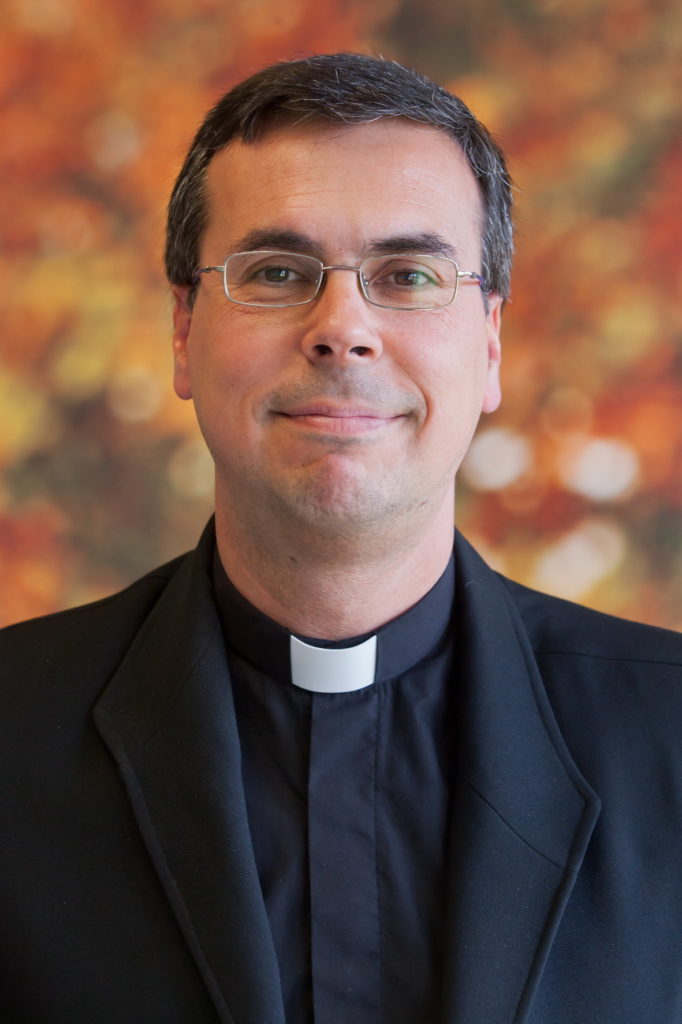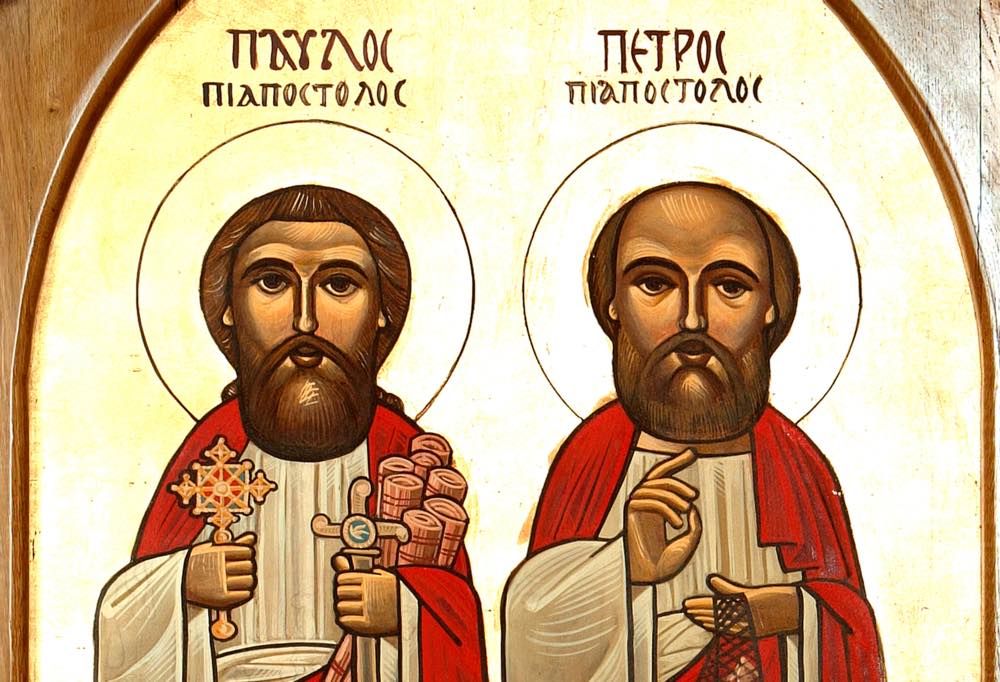Director of the group “Science, Reason and Faith” at University of Navarra Fr Javier Sánchez on Science and Religion
– Pedro Daniel Oliveira
Science and religion are not in conflict, Director of the Group “Science, Reason and Faith” at the University of Navarra, Spain, Fr Javier Sánchez told O CLARIM in an exclusive interview. He also talked about Stephen Hawking, extraterrestrial life, the colonization of other planets, and the role of religion in this new reality. Furthermore, he shared his views on creationism and evolutionism, also on Physics and Theology.
Why is there a need to speak about the relationship between science and faith?
It is always necessary to foster the dialogue between science and faith. Some people think that science and religion are in conflict, but that is simply untrue. If one studies a bit of history, it is easy to notice that the relationships are more complex and that, many times, religious views have inspired scientific progress. Even if science and religion may have different approaches to reality, both are interested in knowing about the unique reality in which human beings live. Inasmuch as science and religion search for true knowledge, they need to talk to each other.
Stephen Hawking was an atheist. Nevertheless, he was a member of the Pontifical Academy Sciences of the Vatican. Can faith play a strong influence in one’s perception of reality?
Stephen Hawking and many other scientists have been members of the Pontifical Academy of Sciences because the Catholic Church is deeply engaged in the dialogue with the scientific view of the world. One need not be a believer to be a member of this academy and participate in the dialogue, which develops at many levels. On the other hand, holding a religious view of the world as a believer may give additional motivation to a scientist who wishes to understand nature and see God behind the intelligibility of the universe.
What is your understanding of the universe backed by science and God’s plan from the religious point of view?
A scientist who is also a believer respects the autonomy of the natural laws that govern the evolution of the universe. But, at the same time, he believes that there is a deeper source sustaining the intelligibility of the universe: God himself. To quote former Pope Benedict XVI, “the universe itself is structured in an intelligent manner, such that a profound correspondence exists between our subjective reason and the objective reason in nature. It then becomes inevitable to ask oneself if there might not be a single original intelligence that is the common font of them both. Thus, precisely the reflection on the development of science brings us towards the creator Logos.“
If aliens exist are they part of God’s creation?
Of course they would be part of God’s creation. God’s superabundant love need not be restrained to only planet Earth or the human species.
How do you see future colonization of other planets?
This is a constant topic in sci-fi literature, films and TV series. Within our current perspectives, it seems really out of human possibilities. Even if is true that the number of exoplanets within the habitable fringe is increasing exponentially, they are still too far away for man to colonize them. However, perhaps in the very distant future human beings need to abandon the earth.
And what role will religion play in this new reality?
Religion can always play a positive role as a reminder of the transcendent nature of human beings.
Back on planet Earth, what is the present status of the question regarding creationism and evolutionism?
Overall, the battle between creationism and evolutionism is not an issue for Christianity. The relation between the Christian doctrine of creation and the philosophical consequences of evolution theory become a problem only when fundamentalist positions are embraced.
Besides being Director of the Group “Science, Reason and Faith”, at the University of Navarra you’re also Researcher in the Mind-Brain Group at the Institute for Culture and Society, and Associate Professor at the Ecclesiastical School of Philosophy. You’ve also published several articles on Physics. Having this in mind, what do you think are the interesting questions that concern Physics and Theology?
In my opinion, Physics and Theology can maintain a dialogue thanks to philosophical mediation. Philosophy of Physics is a developing field that mainly explores the consequences of Quantum Mechanics and Relativity Theory for our basic understanding of nature. How nature determines itself among the many physical possibilities is an open field of research, which might be very relevant for our understanding of God’s presence in creation and the development of a renewed Theology of Nature.


 Follow
Follow


